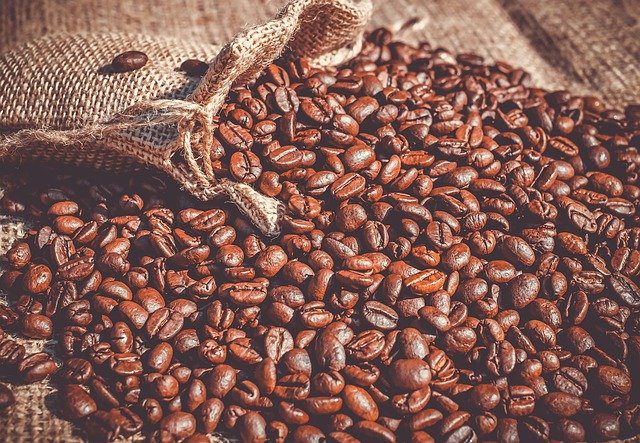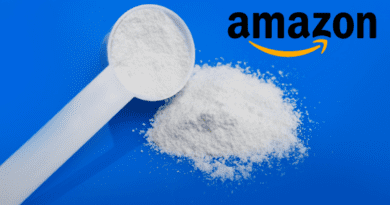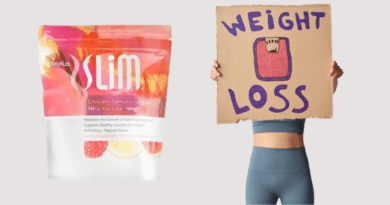Caffeine Myth Busting: Caffeine CAN Improve Vasodilation
How many times have you been led to believe one thing and then research came out showing the opposite? Truth be told, it happens all of the time. And when it comes to supplements and exercise, well, it’s no exception. To put a fallacy to bed once and for all, let’s do a little myth-busting when it comes to caffeine and the thought that it causes your blood vessels to constrict and can negatively impact your pump, blood flow, and your workout.
Disclaimer: This article is for informational purposes only and is not meant to treat or diagnose any condition. It is recommended that you speak with your doctor before starting any exercise program, changing your daily nutrition, or adding any supplements to your regimen.
Caffeine: The Most Used and Abused Supplement
You don’t need to have years of experience under your belt in the supplement industry to understand that caffeine is used in a wide variety of supplements on the market – everything from pre-workouts, to intra-workouts, to fat-burners and thermogenics. There’s no shortage of caffeine in the industry and certainly, no need for you to be stocking up like the apocalypse is upon us and the world is going to run out of caffeine.
There are tons of different forms of caffeine you may find in your supplements as well. For instance, you may see formulas on the market that include straight caffeine anhydrous, dicaffeine malate, caffeine citrate, green tea extract, green coffee beans, yerba mate, guarana, and many others. The product label will be able to show you the exact form you are ingesting and will generally tell you exactly how much caffeine you will get per serving.

Caffeine has been found to be extremely useful when it comes to boosting energy and endurance to help you get through some grueling and intense workouts.
Unfortunately, more and more brands seem to be in a race to see who can release a product with the highest caffeine content before people tap out and their heart stops. OK, that’s exaggerated as brands aren’t looking for that to happen but there’s no denying that brands aren’t loading up their products with the highest dosages possible.
A question that seems to come up time and time again is, “Is caffeine a vasodilator or a vasoconstrictor?” Meaning, does it dilate and expand your blood vessels, or does is constrict them and decrease blood flow?
They’ve Been Wrong Before
Remember when the word on the street was that caffeine could cause dehydration? And that if you drank a cup of coffee you were supposed to make sure you drank an extra cup of water to compensate for and combat the dehydrating effects? Well, that wasn’t found to be true and was debunked quite a few years ago – thank goodness (as I take another sip of my coffee).
Related Article: Caffeine 2.0 — Exploring the Benefits of Di-Caffeine Malate
The newest debate among those in the industry is whether or not caffeine causes vasoconstriction which would constrict blood vessels, reduce blood flow, and ultimately kill your pump in the gym. Honestly, if I’ve heard this theory once, I’ve heard it a million times. And while in theory, the defense for it to constrict blood vessels does make some sense, it’s not exactly accurate.
Click here to continue reading…


*Disclosure: This article may contain affiliate links or ads, which means we earn a small commission at no extra cost to you if you make a purchase through these links. These commissions help support the operation and maintenance of our website, allowing us to continue producing free valuable content. Your support is genuinely appreciated, whether you choose to use our links or not. Thank you for being a part of our community and enjoying our content.
PLEASE CONSIDER SHARING THIS ON YOUR SOCIAL MEDIA TO HELP OTHERS LEARN MORE ABOUT THIS TOPIC.





